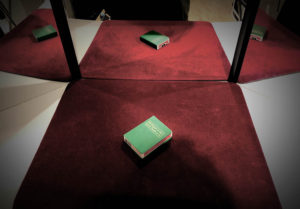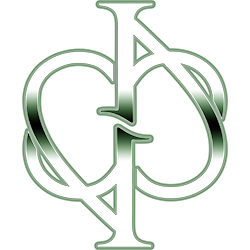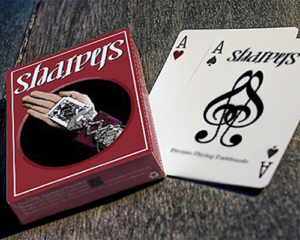“Perfect Practice Makes Perfect” is a quote from Richard Turner, one of the best card mechanics in the world. By altering the well known quote from just “Practice” to “Perfect Practice”, he is referring to working on moves and sleights but ensuring that work is focussing on correct techniques and methods. In short, practising how to do something imperfectly will not “make perfect”.
“The only shortcuts are at the butcher shop”
This quote comes from another master of his craft. Tommy Emmanuel, well known as one of the worlds best acoustic guitarists, insists that there is no other way to become great at what you do. Excellence requires constant hard work and dedication in your pursuits.
Not Bad, Not Ready
I have been practicing cards for well over 5 years now. I’ve explored magic, gambling, cheating and even created some of my own effects. I have accumulated a large amount of resources and knowledge about all areas of the subject and have met and consulted with some of the best magicians and card men in the world.
Am I good at this? Yes.
Am I good enough? Not yet.
The method behind magic tricks and gambling demonstrations often requires only minutes to learn. But to be able to perform the sleights effectively and consistently while maintaining the showmanship required for an entertaining performance takes months at minimum. Maybe years.
I once read an article where a magician compared this process to learning a musical instrument. This comparison resonated with me. If you have just started and learned to fumble through one or two basic songs on something new, would you go out and straight away perform to an audience? Even if you can navigate your way pretty confidently and only struggle at one or two parts, are you performance ready? No.
You shouldn’t just practise so you don’t make mistakes – practise so you CAN’T make them.
No retreat, No surrender
I have watched many performances where card masters who have been practicing their whole lives still drop that last Ace in a shuffle, or miss the crimp in a cut. I have personally been in situations where I have practiced cards solidly for months but when asked “Can you show me a trick?“, I just can’t.
This path is filled with multiple challenges. There is of course the physicality required to handle a deck of cards with confidence, but there are mental and social challenges as well. I still wouldn’t feel comfortable asking a stranger to “Pick a card” and I am assuming that no matter when I finally perform, I will never feel fully prepared.

Luckily for me practising cards is like meditation. My breathing and heart rate instantly slow down and my stress levels fade with every cut, spread, fan and shuffle. I thoroughly enjoy this process of learning and that helps me recover from those setbacks I encounter along the way.
The only true way to fail at something is to give up!
Match Practice
Unfortunately, there is only so far you can get having only a mirror or video camera as your audience. There is nothing wrong with practising alone, and I encourage doing this with every trick to ensure the moves become second nature. It is bad etiquette to perform routines that are underprepared as it risks revealing their secrets. It is always best to work on every part of every move, learn the script, become aware of all angles and make it a performance – not just a trick.
Ironically, the work behind magic and cards is designed NOT to be seen in front of spectators. It requires interactivity and a strong command of misdirection. This can only be achieved through working with an unpredictable and often critical audience.
At this stage, I have only dipped my toe into the magic performance world by publishing some of my work on YouTube. I am currently working on and refining a live set that will hopefully see me performing live by 2019.
Anywhere, Anytime
Unlike music, cards have the advantage of being easy to carry and versatile to practise. I always carry a deck with me and work on moves sitting, standing or even walking. I have portable card mats for table work in cafes, restaurants or aeroplanes.
Unlike music, card practice is not disruptive to those around you. If you have any hesitations, just see it as an alternative to poking a smart phone like everyone else is no doubt doing.
My Regular Routine
DAILY PRACTICE:
- Bottom Dealing (with & without sailing)
- Strike & Push Off Seconds (with & without sailing)
- Blind Shuffles, False Cuts & Stock Controls
- Spread Culling
- New Routines
WEEKLY PRACTICE
- Shifts, Passes & Colour Changes
- Riffle & Overhand Shuffle Stacking
- Deal Sailing (Speed & Accuracy)
- Turnover & One Handed Seconds
- Old Routines
OTHER PRACTICE
- Card Switches & Mucking
- Crimped, Stripped & Marked Cards
- Greek & Centre Dealing
- Flourishes
- Creating Routines




